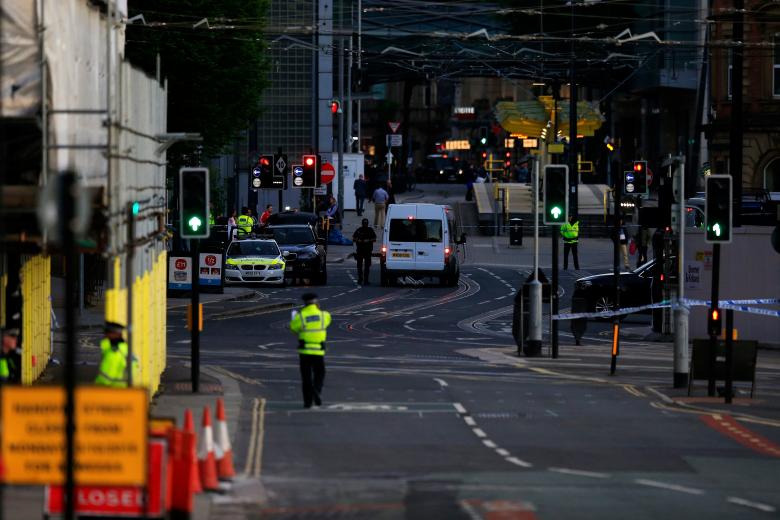The difference between al-Qaeda and ISIS is in the techniques. Qaeda has almost disappeared because it decided to stop using the internet and modern technology after it realized this could expose it.
ISIS, on the other hand, as a secret group, became known as a result of technology and published most of its activities on social media networks.
Theoretically, technology is supposed to expose ISIS, but it turned out that the terrorist organization is often one step ahead of global security apparatuses since it remotely used online platforms to communicate with enthusiasts.
This was the case of the Manchester attack, according to preliminary details.
ISIS recruited a young man at his home in Manchester without the need to travel to al-Raqqah, Syria.
Security forces are trying to expose terrorists and thwart their operations by infiltrating terrorist organizations and inserting their agents among them, in addition to monitoring phone calls and electronic messages. But, it seems that this technique is no longer useful given the frequency of terrorist attacks in Europe.
A relevant event of great significance happened recently. Few days ago, the Global Center for Combating Extremist Ideology (GCCEI) – Eatedal (Arabic for moderation) was inaugurated in Saudi Arabia.
Although there are about thousand centers worldwide of the same title or specialized with affairs related to terrorism, Eatedal is different. It is a massive radar that electronically detects activities, particularly on social media networks. It reads billions of circulated letters, sorts and categorizes them after which they are analyzed by relevant officials.
The center is tasked with recognizing concepts, lessons, and fatwas and has distinguished itself for its ability to differentiate between local dialects as most of the circulated material, whether written or spoken, is beign shared using dozens of different dialects.
The Center is supposed to fill the gaps on the Internet dominated by extremists.
Manchester’s lone wolf is one of hundreds or maybe thousands in the virtual world.
Security forces are facing difficult challenges as terrorists develop their tools and tactics.
Security services listen to phone calls, read messages, monitor weaponry sale and materials used to make weapons, and gather information from their informants risking their lives.
Meanwhile, ISIS organization is developing and becoming aware of the techniques. The organization looks online for preys that match the characteristics of its objectives. The group communicates with the members individually thus minimizing the chances of being exposed or infiltrated.
After communicating with dozens of young deceived men, they are guided to achieve the group’s aims.
Most of the time, one of them will be willing to carry out a crime either by using a suicide belt or a machine gun. Sometimes, they are tasked with using a vehicle to ram people or with simply using a kitchen knife to murder people.
Real failure is not in the inability to detect the criminal before he commits his crime or in failing to thwart a terror attack. The real failure lays in the inability to put an end to the massive amount of hatred and incitement.
This is not a general case in Muslim societies as claimed. It is also not true that hatred and criminal activities have spread as a result of the Muslims’ suffering in European “ghettos” or limited to those angry with their regimes’ practices in their Islamic countries.
These are all excuses to justify terrorism. TSame cases exist in other communities that follow other religions, such as Sikhism, Hinduism, and Buddhism, so why don’t we see them wearing suicide belts to voice protest or purify themselves?
Even Muslims of previous generations did not do this, so why are today’s Muslims doing so?
Simply, look into the prevailing culture.
The spread of extremism in UK’s Birmingham and Manchester is much easier than its spread in Saudi Arabia and Egypt because laws are strict in the latter two and lenient in the former.
One last note: Fighting extremism is much more important than fighting terrorism.
